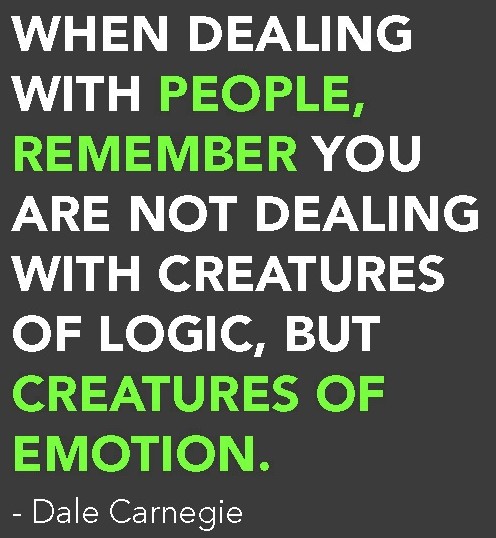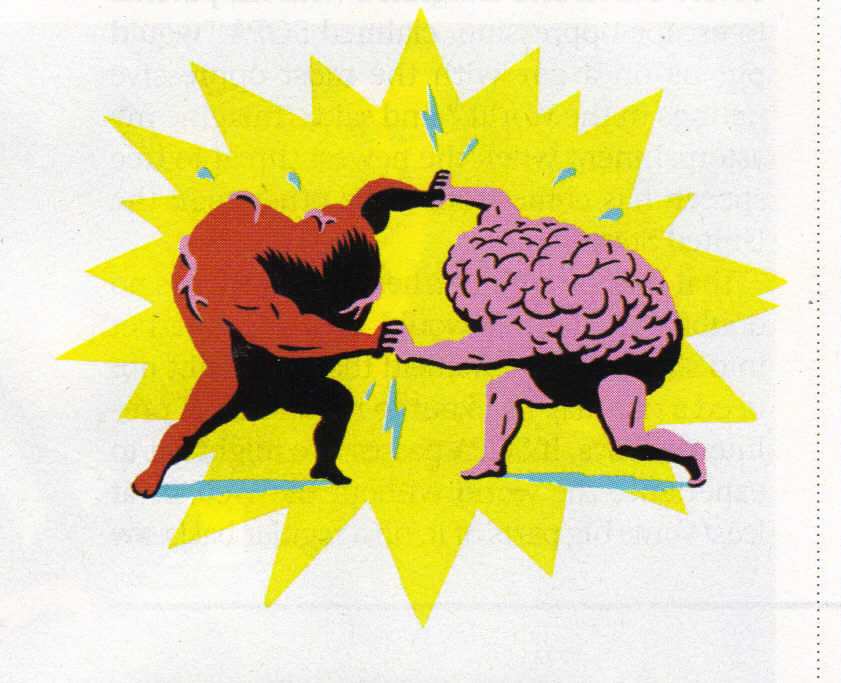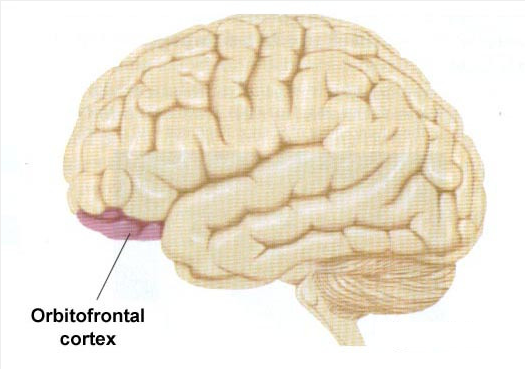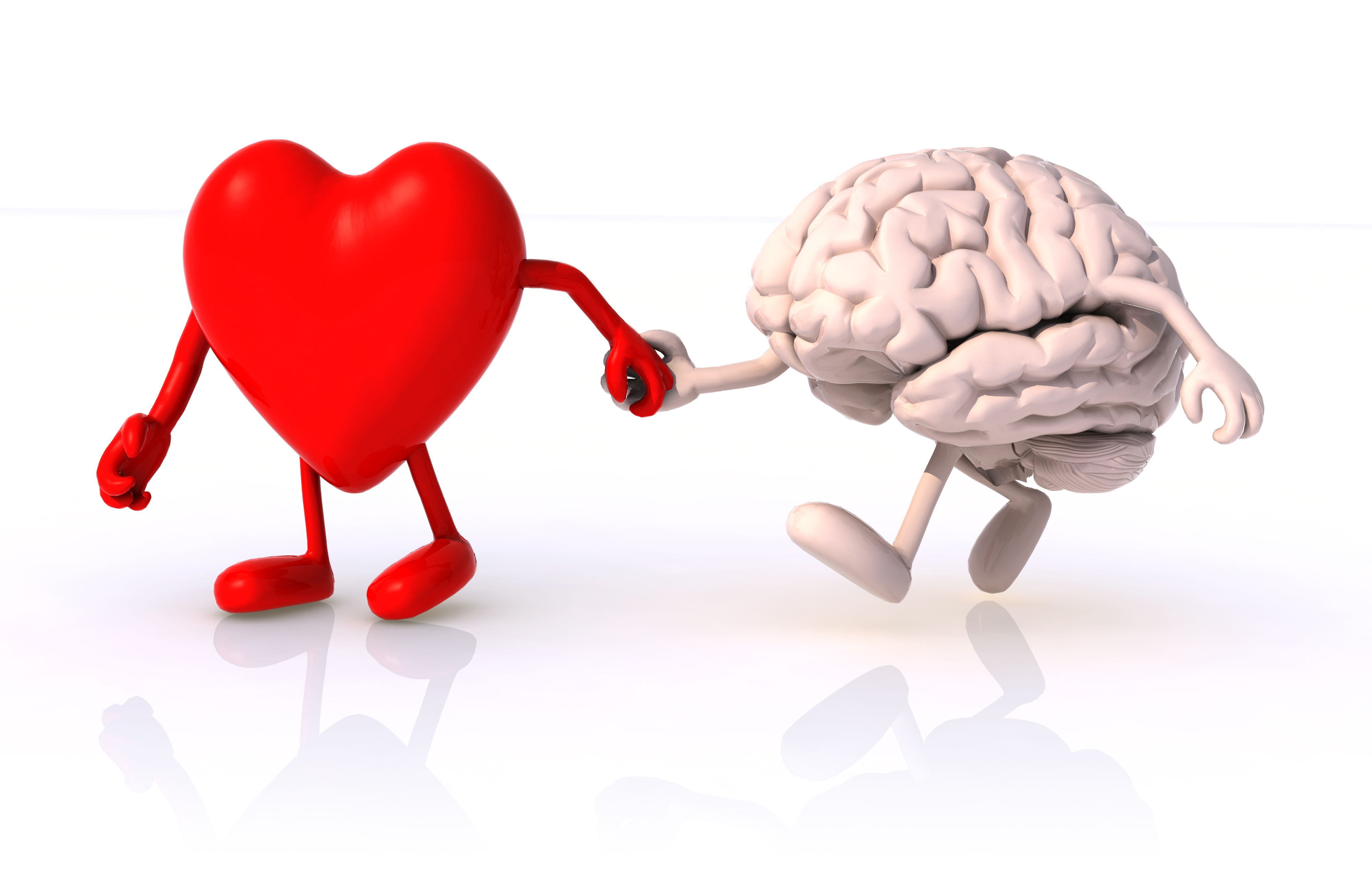Popular culture seemingly praises the emotionless super genius who quickly becomes everyone’s favorite antihero (I’m looking at you Mr. Holmes, Mr. Cooper, Dr. House, and Mr. Spock). What the writers and characters themselves would have you believe is that the key to their unhindered intellect is that they don’t have feelings or emotions. After all, emotions just get in the way of logic, right? Right?!
There are several tactics out in this great wild world that seem to apply both emotional regulation and more logical thinking. In their applications, such tactics, like H.A.L.T make intuitive sense. First designed as a self-care tool used by addicts or individuals with eating disorders, H.A.L.T. is an acronym that reminds individuals to be wary of their thoughts and actions when they are Hungry, Angry, Lonely, or Tired. H.A.L.T. has the science to back up it’s usefulness. For example, being angry inhibits your ability to make decisions that will help achieve your goal according to Blair (2012). Think back to a time in which you were angry or frustrated. Not too easy to make a decision right?
Well, technically…
While it is true that being in a highly emotional state can cause poor decision making, removing emotion from the equation entirely would result in an inability to decide.
Don’t believe me? How about an example:
Elliot was a typical guy with a job, home, family, and an IQ in the top 3%. One day, doctors found a tumor near his frontal lobe. They quickly removed the tumor and, at first, everything seemed the same with Elliot: same speech, same intellect. His family then began noticing a flat affect and a general mode of emotionlessness. He also began having trouble making day to day decisions. A neurologist, Antonio Damasio, took interest in Elliot’s case and wanted to test just how much Elliot was not feeling. He hooked him up to a machine that tested his arousal by monitoring skin conductance (how much Elliot was sweating) because feeling strong emotion causes increased perspiration. As expected, Elliot had no indications of arousal when shown pictures typically associated with an emotional response (like violence).
Damasio continued to study individuals like Elliot and came across similar patterns of emotionlessness and inability to make decisions. Below is a quote from his book, Descartes’ Error: Emotion, Reason And The Human Brain, describing what it is like to make plans with an individual with this type of brain damage.
“He was now walking us through a tiresome cost-benefit analysis, an endless outlining and fruitless comparison of options and possible consequences. It took enormous discipline to listen to all of this without pounding on the table and telling him to stop. But when we finally did tell him, quietly, that he should come [on this day]. He simply said, “That’s fine.”‘
To the man making the plan above, let’s call him J, choosing a day to meet now became a continuous list of costs and benefits because he no longer felt an emotional connection to his analysis. Without a reservoir of emotions to sway him this way or that, J could allow the cycle of logic to go on until some external stimulus intervenes (like someone choosing a day for him).
So what exactly is going on up there?
Individuals, like the one Damasio is describing above, all have damage to their orbitofrontal cortex (OFC). While many cortical areas do contribute to the generation of emotions, the orbitofrontal cortex is typically associated with coding rewards and punishments. Damage to this area would mean that an individual would have problems integrating emotion with decision making effectively because the link between it and the limbic system (a system important to emotions) would be dysfunctional.
In fact, emotions are so fundamental to how our brains work that a lack of emotions would mean an inability to learn how to make logical decisions. Individuals who are emotionally inhibited due to OFC lesions have difficulties determining the rules of a gambling task, because they don’t have any emotional connection to either defeat or success, according to Bechara (2004). Those without OFC lesions that worked as a control had the ability to discern the rules because they felt stressed when making the wrong moves and losing money. Because of this stress, they were able to remember which moves to avoid.
A counterargument frequently posed suggests that the expansion of the frontal cortex during our evolution is what makes us rational creatures (and it does!) but, by no means are we supposed to function as purely rational creatures. Our brain likes to use emotions to weigh some of the costs and benefits for us. An obvious example: you don’t have to waste cognitive resources wondering “Should I pet this growling dog?” when fear makes that decision for you. So, there you have it, the most logical you is the one with feelings and emotions, even if you are a self-proclaimed high functioning sociopath.
Sources
Blair, R. J. (2012, January/February). Considering anger from a cognitive neuroscience perspective. Retrieved from http://www.ncbi.nlm.nih.gov/pmc/articles/PMC3260787/
Bechara, A. (2004). The role of emotion in decision-making: Evidence from neurological patients with orbitofrontal damage. Brain and Cognition, 55(1), 30-40. doi:10.1016/j.bandc.2003.04.001
Damasio, A. R. (1994). Descartes’ error: Emotion, reason, and the human brain. New York: Putnam.
Decisions Are Emotional, not Logical: The Neuroscience behind Decision Making | Big Think. (2012, June 11). Retrieved from http://bigthink.com/experts-corner/decisions-are-emotional-not-logical-the-neuroscience-behind-decision-making
Feeling our way to decision. (2009, February 28). Retrieved from http://www.smh.com.au/national/feeling-our-way-to-decision-20090227-8k8v.html
Zomerland, G. (n.d.). H.A.L.T.: A Self-Care Tool. Retrieved from http://www.chinnstreetcounseling.com/zomerland/zomerland_11.shtml
Media sources:
https://psychometricsforumblog.files.wordpress.com/2013/04/ofc.png
http://crevarchiropractic.com/wp-content/uploads/2014/02/shutterstock_105757790.jpg
http://1.bp.blogspot.com/-nk0DXngvts0/Tx7JXTJv7eI/AAAAAAAAAWQ/XzVV7xCB8VA/s1600/heart+vs+brain.jpg
http://1.bp.blogspot.com/-nk0DXngvts0/Tx7JXTJv7eI/AAAAAAAAAWQ/XzVV7xCB8VA/s1600/heart+vs+brain.jpg





Be First to Comment